I went to a concert! Not a livestream or download: a real concert, with real musicians, a real conductor, a real audience, and the real sound of Waitrose cava bottles popping open in the late afternoon. In some ways, this open-air gala from Opera Holland Park made it feel as if the summer season were back on. There were floral-print dresses and canary-coloured chinos; I swear I even saw a tartan picnic rug. And here in a corner were the critics, released back into society for the first time since March. When the correspondent of the Mail on Sunday ostentatiously upgraded himself to a better seat mid-show, it was like we’d never been away.
In truth, it only resembled normality if you ignored the total absence of Opera Holland Park’s huge tented theatre. Instead, some 200 concertgoers sat dotted about in socially distanced isolation on the vacant podium. The staff wore masks (few of the audience bothered) and where — in a more enjoyable version of 2020 — OHP’s absent stage should have been carrying productions of The Merry Widow and Eugene Onegin, a group of 12 musicians and the conductor John Andrews sheltered under a temporary gazebo, the only concession to the possibility of bad weather.
Still, I don’t think I’ve ever seen an opera crowd (and I’ve certainly never seen an orchestra) looking quite so happy to be there. The English summer opera fantasy is a sort of Rex Whistler fête champêtre with an expensive soundtrack. An element of risk — whether wasp attack or drenching — is the grit in the oyster: the touch of reality that allows us to believe that it’s all delightfully eccentric rather than self-indulgent. ‘There’s a fascination frantic in a ruin that’s romantic,’ sang Yvonne Howard, in an aria from The Mikado, as the remains of Holland House did their best John Piper impression against gathering black clouds. Was that a rumble of thunder in the distance, or just an Emirates A380 in a holding pattern over South Acton?
Anyway, the weather held, and the whole thing had the cheerful, semi-improvised feel of a village-hall concert party, with Gilbert and Sullivan’s Three Little Maids (Howard, plus Fflur Wyn and Alison Langer) indulging in competitive selfie-taking, and John Savournin and Robert Murray doing silly things with courgettes during the ‘Gendarmes’ Duet’ from Offenbach’s Geneviève de Brabant. It was all in this sort of vein; the words came across quite well, considering (admittedly, I was seated fairly near the front), and if, like me, you can think of no pleasure more delicious than an al-fresco evening of operetta bonbons, the regular incursions of urban reality only added to the fun.
Forbidden by Mr Whitty from singing along, the audience whispered the responses to Sullivan’s ‘Policeman’s Song’ en masse. Seagulls honked, local kids scaled trees around the perimeter to watch the show for free, and a squadron of west London parakeets performed aerobatics above the stage during Offenbach’s ‘Infernal Galop’. Pleasure all round, and it’s only fair to say that (with the possible exception of the parakeets) this kind of thing doesn’t happen by accident. With no printed programme, the stylish scaled-down orchestrations — presumably created for the occasion — went uncredited. Nor was this the time to wonder why Andrews can curve a phrase so gracefully, or how Savournin’s slight, youthful frame can produce a voice that’s so pregnant with comic gravitas.
Classical music, by its nature, moves slowly. Its most rewarding qualities develop only with frequent and repeated performing experience — not something that has been in great supply lately. But when the industry is forced to improvise, it can; and with at least half the coming season now almost certain to be quarantined, there are signs that orchestras are about to get (relatively) inventive. Cue rare repertoire, chamber music, genre-bending, and flexible ensemble sizes. It’s happening already, online at least. A YouTube Summer Session from the London Philharmonic Orchestra featured the orchestra’s wind section, conductorless, playing works by Mozart, Rossini and Janacek that simply wouldn’t feature in a routine symphonic season.
It was salutary to watch the to-and-fro of the players; their care as well as their evident enjoyment. Lovely, too, to hear the way Mozart can make clarinets and bassoons bubble like a chocolate fountain. In Janacek’s Mladithe old rascal adds just two instruments — a bass clarinet and a piccolo — to a standard wind quintet, and suddenly the music’s roof seems to blow clean off, even while its roots coil ever deeper into the damp Moravian loam. It’s certainly worth a quick online donation, and it feels good to sit and roll the music’s flavours over the tongue, rather than to graze endlessly from a limitless musical buffet. A consolation, of sorts, in this whole bloody mess.
Got something to add? Join the discussion and comment below.
Get 10 issues for just $10
Subscribe to The Spectator Australia today for the next 10 magazine issues, plus full online access, for just $10.
You might disagree with half of it, but you’ll enjoy reading all of it. Try your first month for free, then just $2 a week for the remainder of your first year.

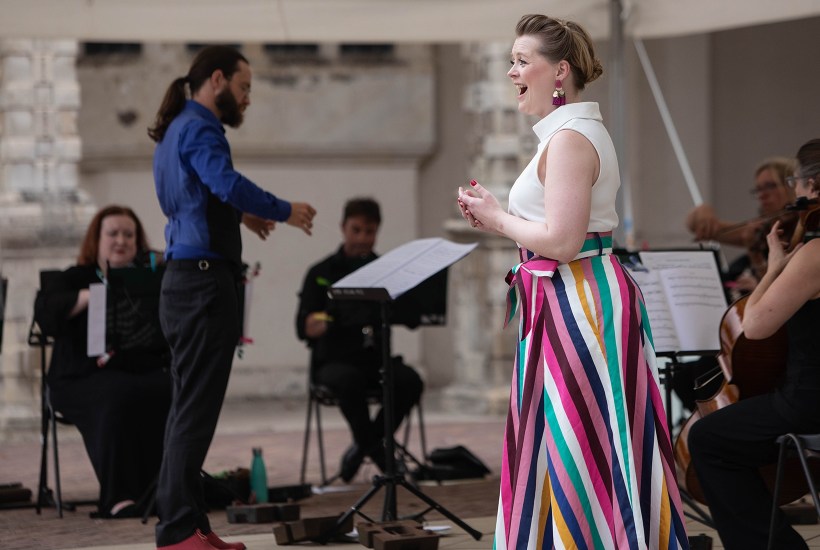
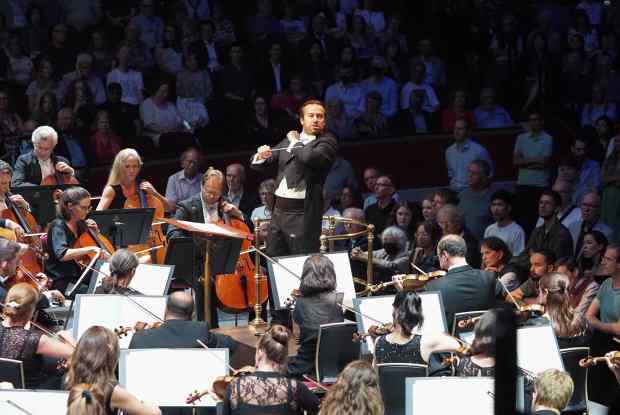
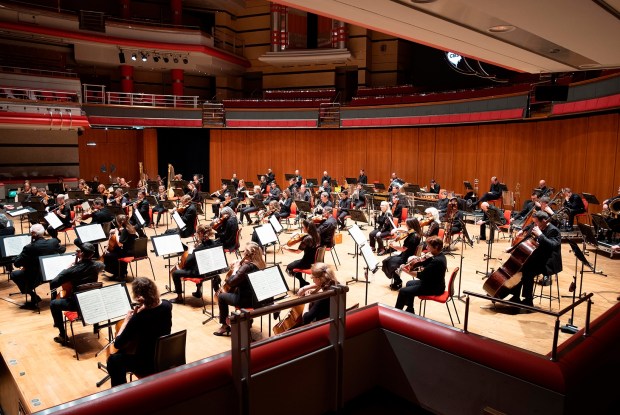
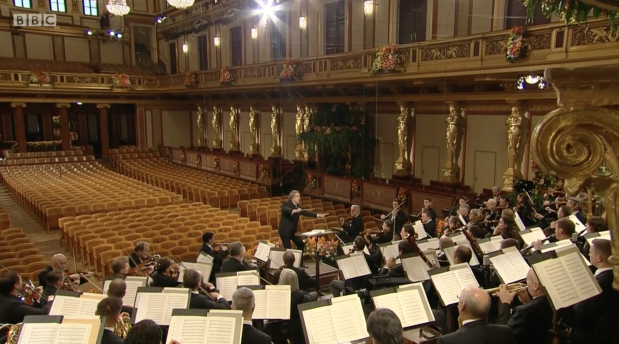
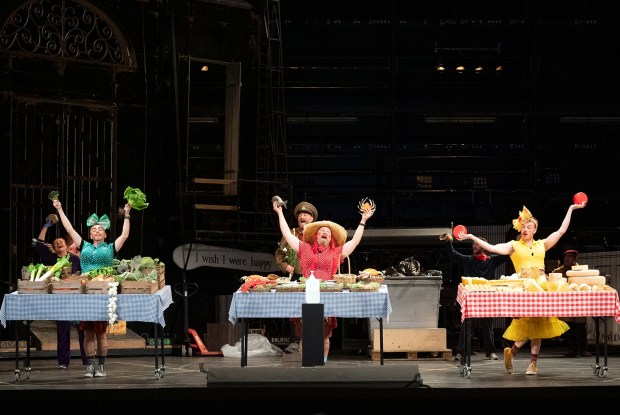
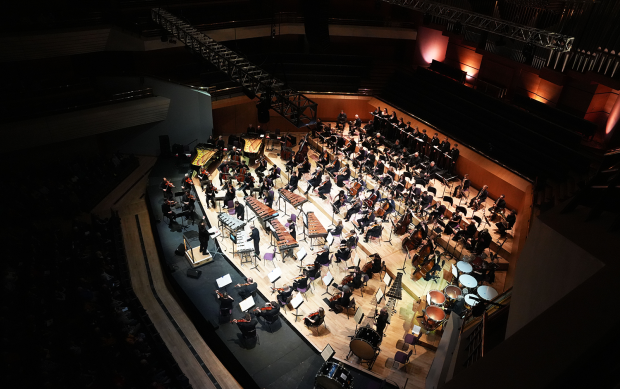
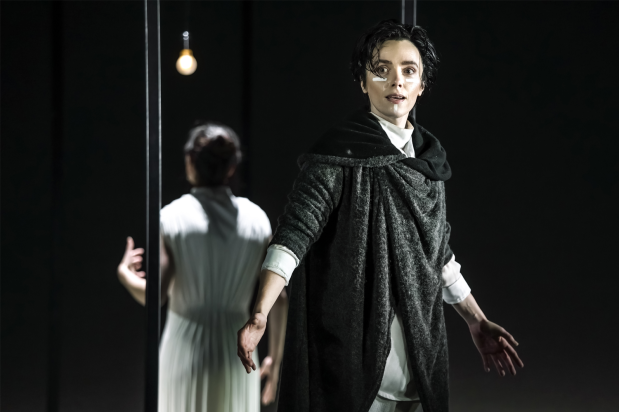






Comments
Don't miss out
Join the conversation with other Spectator Australia readers. Subscribe to leave a comment.
SUBSCRIBEAlready a subscriber? Log in